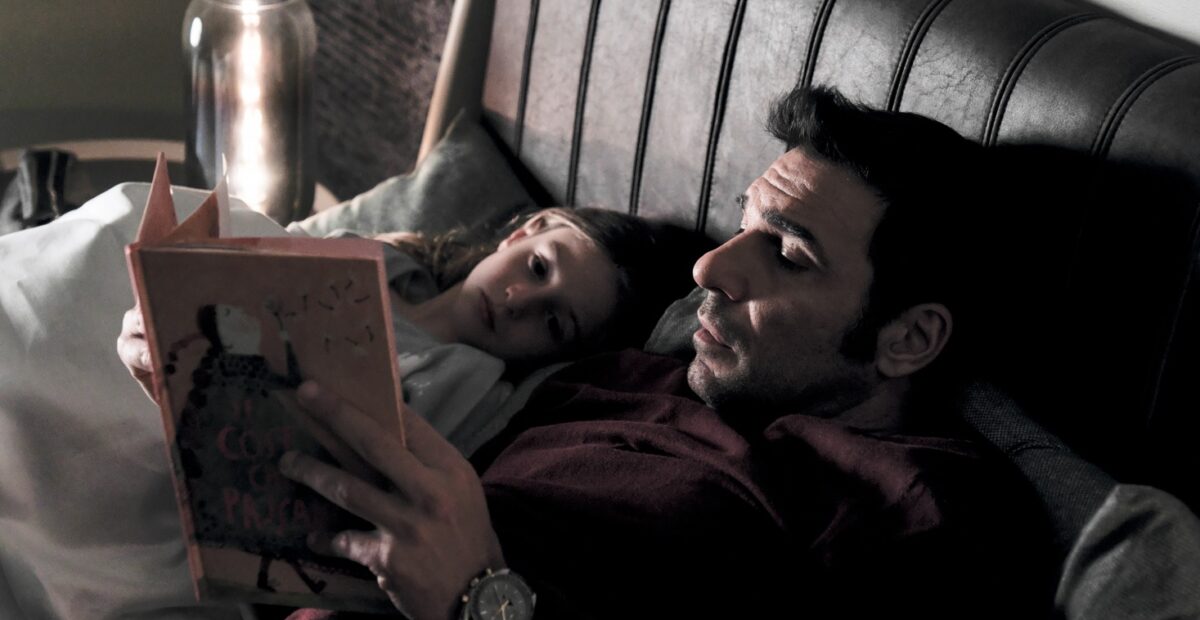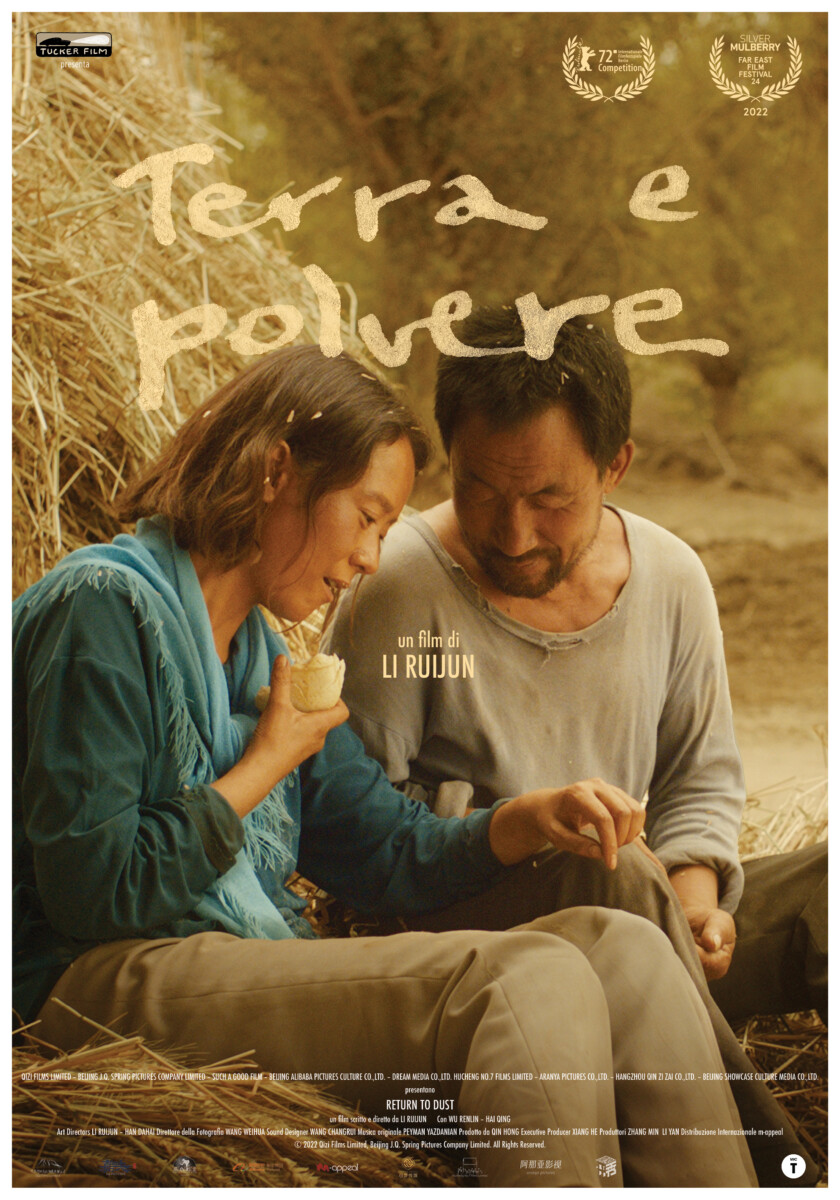
Watch
Love and time

Two very different films, one Chinese, the other Italian, remind us that true love has the power to overcome the most difficult circumstances, but love will fade, and eventually be extinguished, if we we do not take the time to cherish it.
What is love? One example could be Youtie and Gujing’s harvest. Two farmers, vulnerable and alone. They are no longer young; the rest of the village has not much regard for them.
Two unfortunate lives, but together they transform their condition into fruitfulness; their dim and stifled existence becomes filled with meaning. They find themselves in an arranged marriage, within their community in remote rural China, yet they build it upon true closeness and real affection with gestures and thoughts that express sincerity and poetry.
“Return to Dust” is a beautiful film by Chinese film director Li Ruijun. Premiered at the Berlin Film Festival in 2022, it was released in Italy at the end of March. Youtie and Guijing’s days become a become a crescendo of love, as they bring tenderness into their work in the fields and their simple domestic life.
Youtie and Guijing are reborn; their fragile physical and inner selves become strong and beautiful, transformed by the miracle of love. Deep-seated wounds, frustrations and subtle humiliation, become, instead, within their soul, the means by which the couple both literally and symbolically build a new home from nothing, with the work of their bare hands and the tenderness they put it into it, created by their powerful unity.
The love between Youtie and Guijing, is a love which heals and saves, silently, against the background of a country which is changing; they demonstrate a delicate affection, nurtured with every moment available to them.
Their relationship is in tune with the gift of themselves to each other, continually sustained by their desire for freedom and happiness; a love that is synonymous with ‘caring’, the keynote of another recent film, which explores the exchange between love and time. ‘Still Time”, is an Italian film, based on an Australian picture, Long Story Short, by Josh Lawson,2021. It appeared at the Rome film Fest in 2022 and can be found on Netflix, where in a short time it became the most popular non-English-speaking film.
Directed by Alessandro Aronadio, the film tells the story of a couple: Dante, played by Edoardo Leo, and Alice, by the acclaimed Barbara Ronchi. Their love is tender, strong and true; except that Dante is always rushing; always striving without a break, totally dedicated to his job; he arrives late to the birthday party Alice has organised for him, symbolically losing a small part of a fulfilled and happy life. The next morning when Dante awakes, it is once again his birthday, but one year later. This keeps happening. It is always his birthday, but a year later. Caught in this absurd time-loop, he is bitter and helpless, as he watches his daughter’s childhood years disappear and the disintegration of his love story with Alice. Initially, the crumbling of his relationship doesn’t seem to make sense: Dante cannot understand how his idyll is shipwrecked with each year that passes, but gradually he realises that his anxiety to have a career, which fills every moment of his spare time, is the cause of an emotional breakdown, and a deep sense of loneliness and sadness.
Dante experiences these painful moments, but through them, becomes aware that human affection and our bond with others, is far more important than anything else and needs to be cherished. In its simplicity, this melancholic existential drama, warns of the danger in today’s society of too easily neglecting relationships, in order to satisfy our need for security and self-affirmation and pride, which lies within all of us, perhaps from existing wounds that we still carry within us.
‘Still Time’, reminds us that a couple must nurture their love, not sacrifice it through narcissism or egoism. If we are not careful, we will be tempted to put our work first, sacrificing the time we need to take care of our relationships, whether of love or of friendship. Because in the end, it is relationships that bring us greater happiness and fulfilment than the achievement of potential professional goals; this message is clear in both films, but whilst Dante learns it at his cost, Youtie and Guijing are already aware that the gift of love cannot be substituted.







